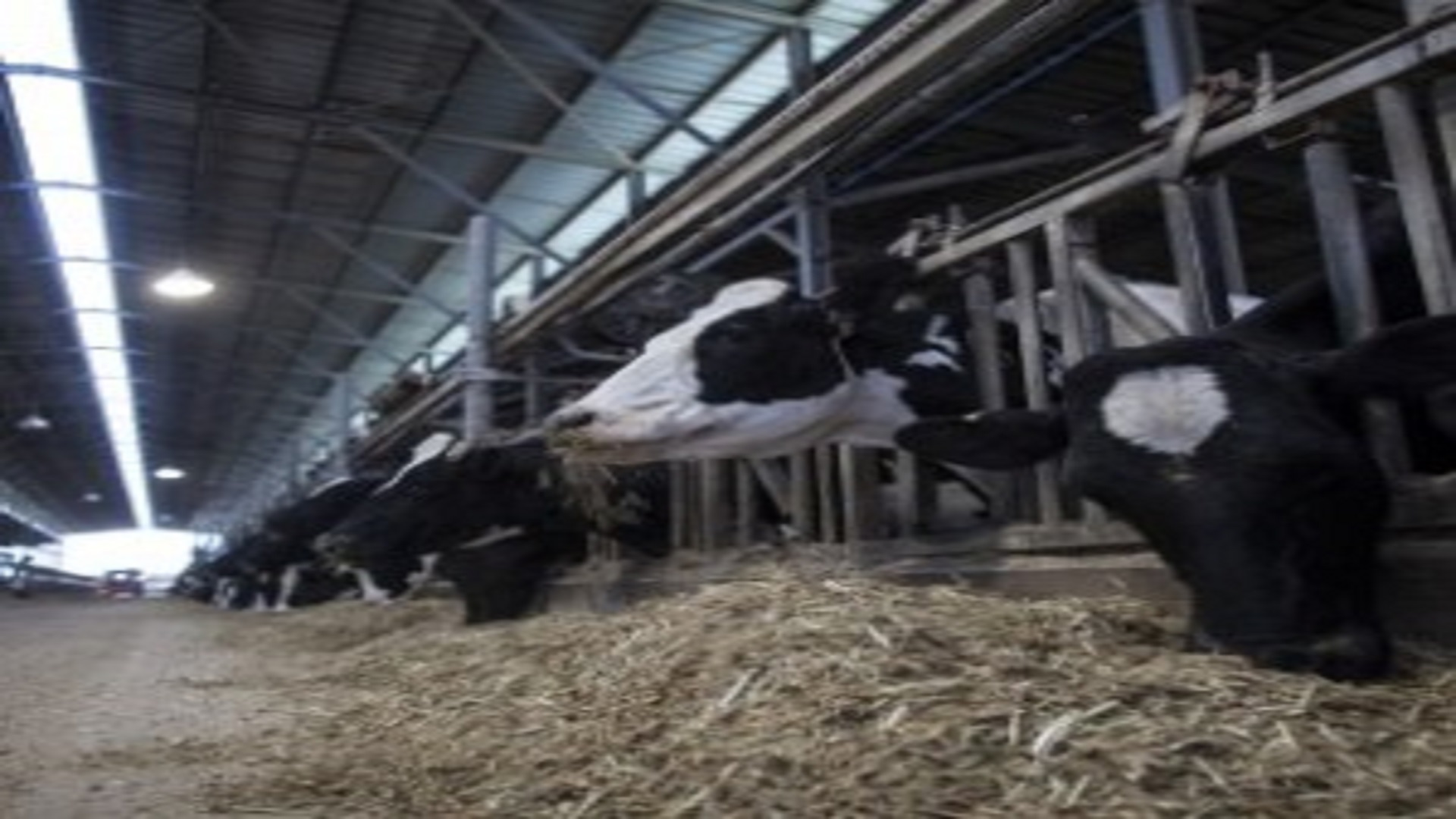IAI’s dairy herd settles in this week. Credit: IAI
The first of 500 cows arrive in Papua New Guinea from New Zealand this week as a commercial-scale dairy industry gets closer to production. The Chief Executive of Innovative Agriculture Industries, Ilan Weiss, says milk products will be on local supermarket shelves in October.

The arrival of the cows in Central Province, on May 25th, marks the final stage of recreating a commercial dairy industry in PNG.
‘It’s not about creating a new dairy farm, it’s about creating a new dairy industry,’ says Ilan Weiss, CEO of Innovative Agriculture Industries (IAI).
‘It’s also about import substitution, to provide cheaper dairy prices and more jobs,’ he told this month’s Australia-PNG Business Council forum in Port Moresby.
‘Fresh milk prices within PNG are ridiculous,’ he added.
‘A litre of milk in the shops goes for K12 to K16. A two-litre bottle will go for up K26. If the current price is K14 a litre, our target retail price is K6 to K8 a litre.’
Investment
IAI is investing K120 million in the venture, which will be on 175 hectares of cultivated land that produces grass and maize. Five hundred cows will be milked. A processing plant will be built that will be capable of providing 19,500 litres of milk a day.
‘The herd is to be kept indoors and fed indoors.’
The project involves state-of-the-art technology and high-intensity farming. It will be located 10-15 minutes out of the capital, Port Moresby.
‘Importing feed is not sustainable enough as a business model,’ he says. ‘If you’re importing it you don’t have any profit, basically.’
The herd is to be kept indoors and fed indoors. There will be four milking rounds a day, and computers will monitor the animals’ heart rate, temperature and even how many paces they walk every day.
‘It’s our biggest investment in PNG to date,’ says Weiss. The project is to cost K120 million and partners are the Central Province government, which has a 30 per cent shareholding as equity—consideration for the land—and the central government, which has a 20 per cent share.
A new dairy processing plant will supply fresh milk, yoghurt, ice cream and other products for local supermarkets by September/October, says Weiss.
Chequered history
‘The Banz dairy, run by CLTZ, which delivered fresh milk to the main centres of the Highlands (Hagen, Kundiawa, Goroka, Bank/Minj) continued until the mid-1990s. Then, because of poor transport infrastructure, lack of supportive conditions from government and high costs, they decided to convert entirely to beef operations.’
Barker welcomed the restoration of a dairy industry, but doesn’t want to see the state having a financial involvement.
‘Since the demise of the Livestock Development Corporation in its active days in the 1990s, the government’s impact in the livestock industry has been largely negative, even when major funding has extensively been provided.’

He says the state’s role is to provide veterinary support; create favourable, but not protective, tariff conditions; make available reliable power; support practical training for livestock staff; and create favourable tax conditions for investors—including superannuation funds choosing to invest in the venture.
The dairy industry has had a chequered history in PNG, according to the Executive Director of the Institute of National Affairs, Paul Barker.
‘From the modest production of dairy milk for use around the estates and missions, PNG developed a modest dairy industry before and during the war,’ he says.


